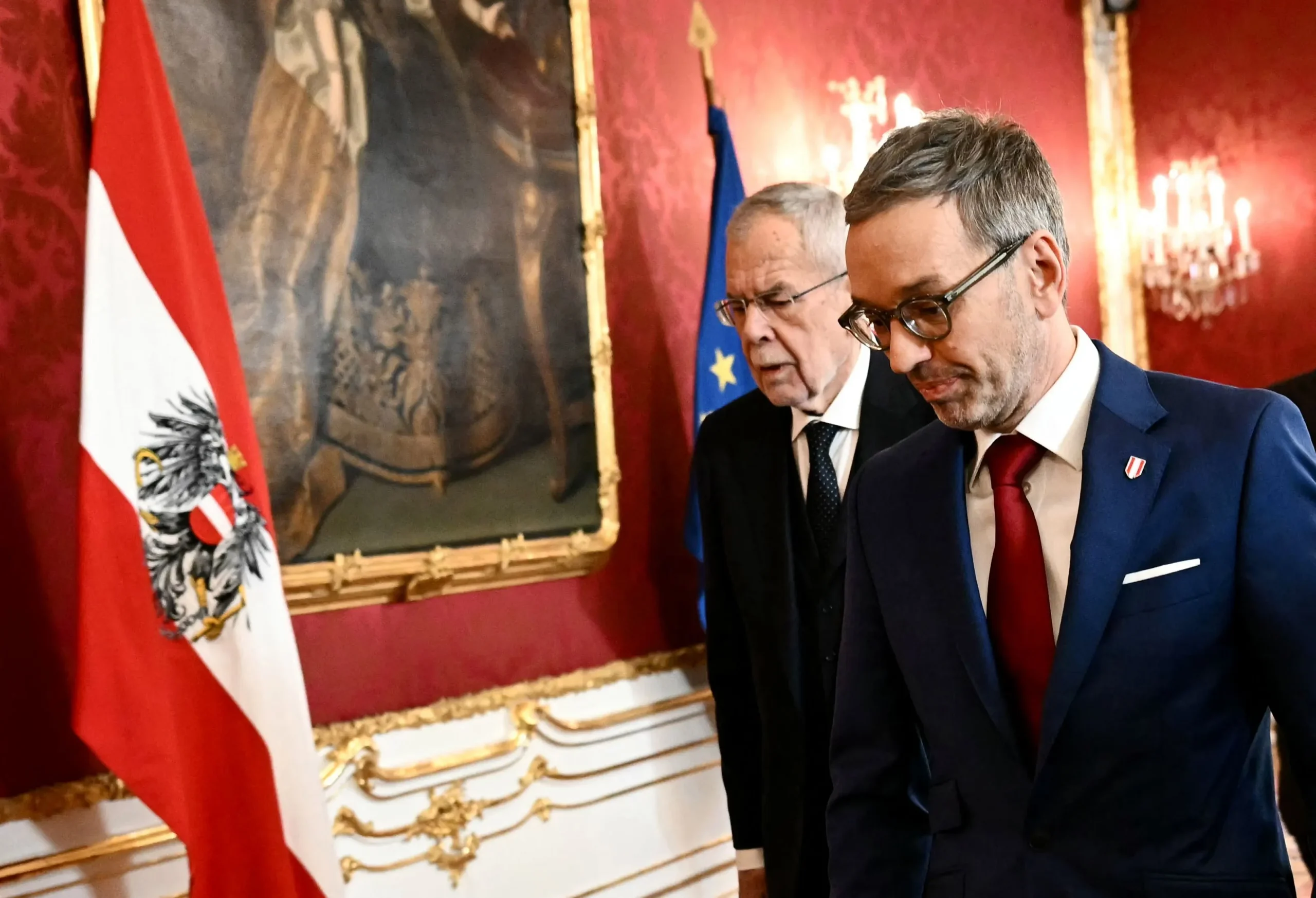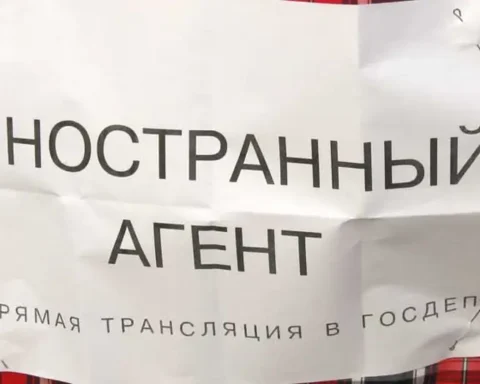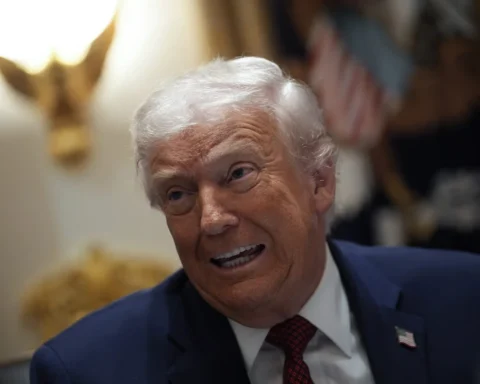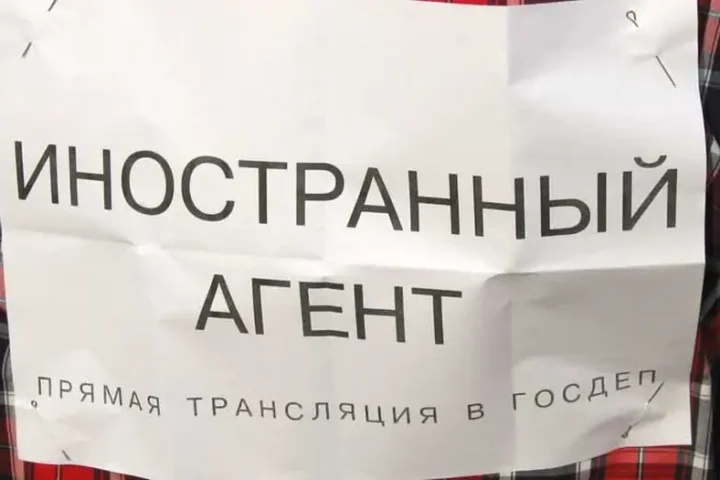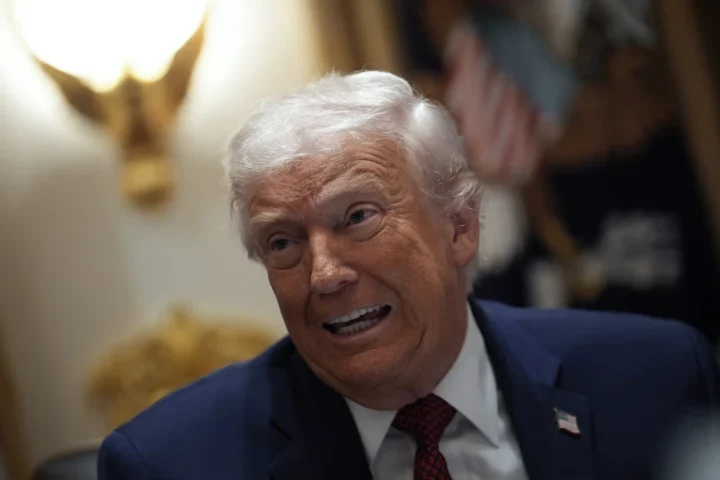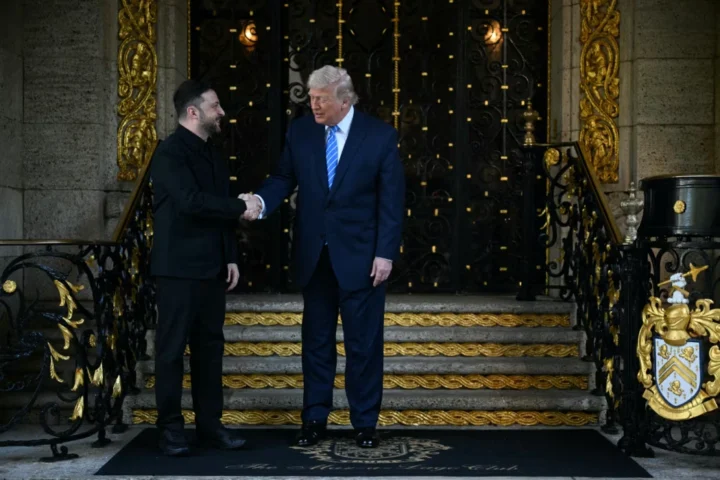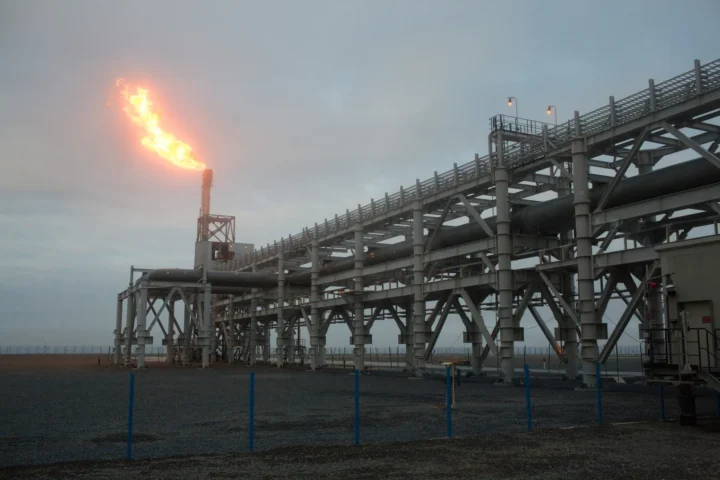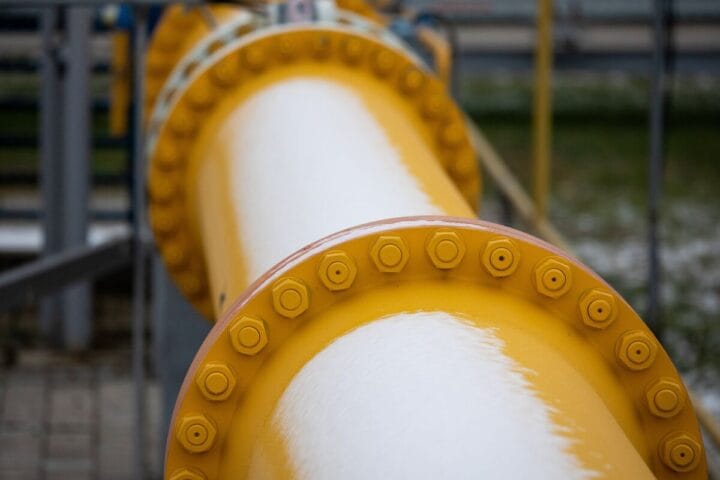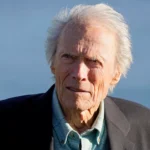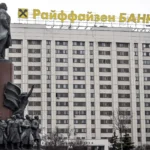Austria is at a pivotal moment in its political history as Herbert Kickl, leader of the far-right Freedom Party (FPÖ), has been granted a mandate to form a government by President Alexander Van der Bellen. If successful, Kickl could become Austria’s first far-right chancellor since World War II. This development underscores the growing nationalist wave across Europe and the significant political shifts reshaping the continent.
A Controversial Mandate
President Van der Bellen emphasized the gravity of his decision, stating, “I have not taken this step lightly. I will continue to ensure that the principles and rules of our constitution will be upheld.” Despite initial resistance, the conservative People’s Party (ÖVP) reversed its stance on working with Kickl after failing to form a centrist coalition. This marked a significant turning point in Austria’s political landscape.
The Freedom Party’s Surge
The FPÖ, which campaigned on a platform of anti-immigration, climate skepticism, and pro-Russian policies, saw a dramatic increase in support in the recent elections. The party secured 57 parliamentary seats, a significant leap from 26 in 2019. Meanwhile, the ÖVP suffered a substantial loss, prompting a reconsideration of coalition strategies.
Herbert Kickl: A Polarizing Figure
Kickl is no stranger to controversy. A philosopher and political scientist by education, he has been a central figure in the FPÖ for decades. His rhetoric has often been incendiary, including derogatory remarks about President Van der Bellen and other political opponents. Kickl’s tenure as interior minister was marked by strained relations with international intelligence agencies, which reportedly withheld sensitive information from Austria during his time in office.
Kickl’s personal life, in contrast to his political persona, remains relatively private. An avid marathon runner and climber, his disciplined lifestyle aligns with his no-nonsense public image. However, his use of Nazi-era language and slogans has drawn sharp criticism, sparking concerns about the FPÖ’s ideological roots.
The Path Ahead
Austria faces significant challenges, including rising energy costs, economic contraction, and the need for fiscal consolidation to avoid penalties from the European Union. Kickl has pledged to focus on affordable living, justice, security, and peace, positioning the FPÖ as a stabilizing force in Austrian politics.
Yet, forming a coalition will require navigating complex negotiations with the ÖVP and addressing deep-seated ideological differences. Geopolitical analyst Marcus How notes, “Kickl holds most of the cards and can afford to adopt a maximalist stance in negotiations. If talks fail, the Freedom Party could capitalize on further electoral gains.”
Broader Implications
Kickl’s potential rise to power aligns with a broader nationalist trend in Europe. From Marine Le Pen’s success in France to far-right gains in Germany, the continent is witnessing a political shift. Austria’s trajectory under Kickl’s leadership could set a precedent, further emboldening nationalist movements across Europe.
Austria stands at a historic juncture. The outcome of Herbert Kickl’s efforts to form a government will not only shape the nation’s future but also resonate across Europe. As debates over identity, sovereignty, and economic resilience intensify, Austria’s political choices could redefine its role on the European stage.


